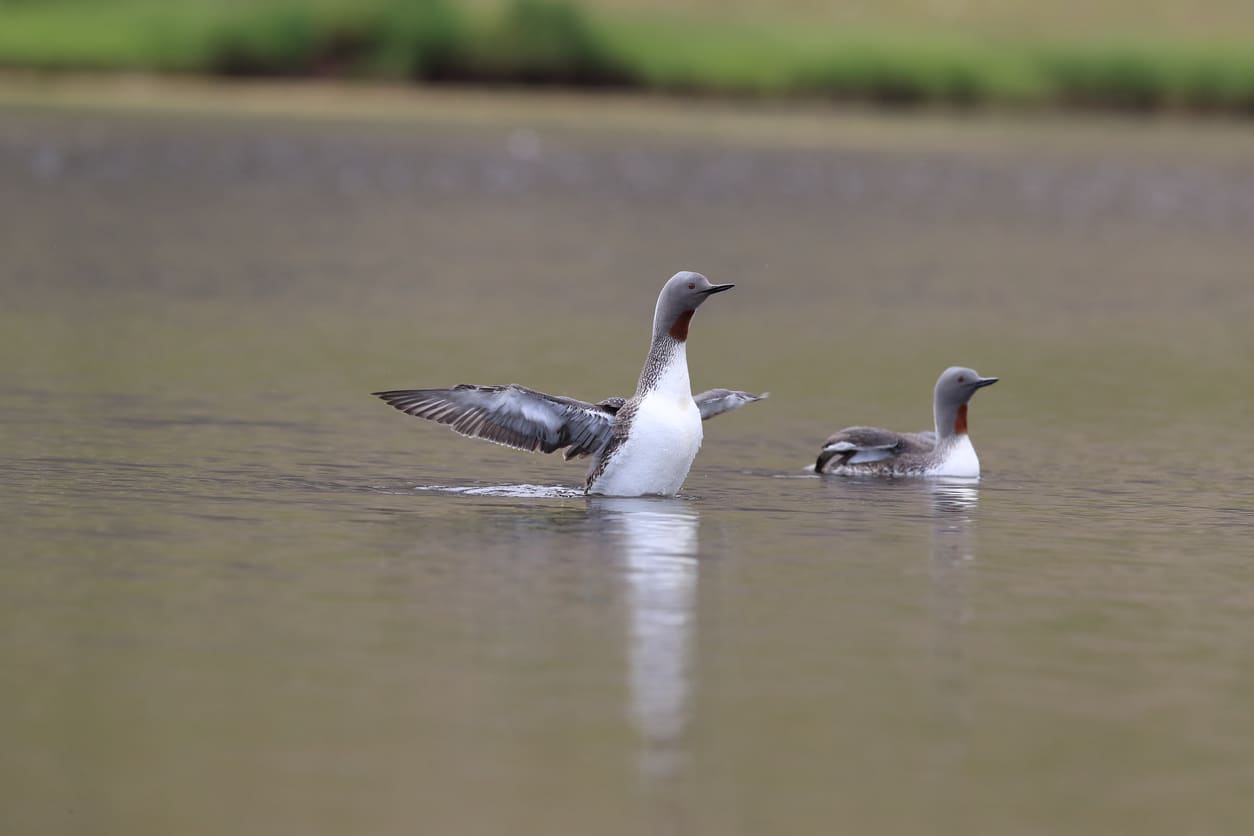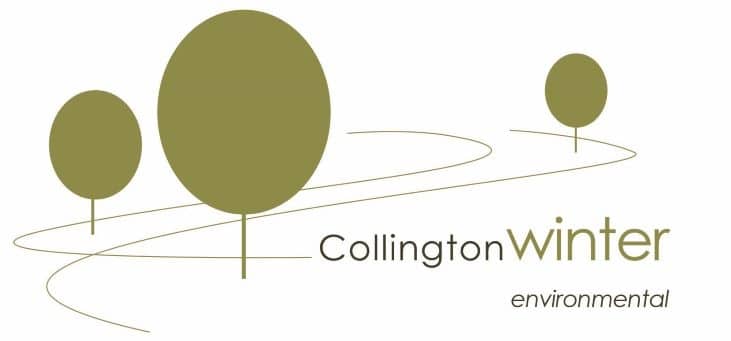Contact us today for a free quote.
Wintering Bird Survey Report For Developments
What is a Wintering Bird Survey Report?
There are a variety of wintering birds which migrate to the UK each year in search of better feeding opportunities and a milder climate. Some of these types of birds include the Red Throated diver, knots, the Great Northern Diver and the Black Tailed Godwit.
Therefore, a Wintering Bird Survey Report should be undertaken in order to determine the presence of these species of birds as well as establish the location of winter food sources for these birds.
A Wintering Bird Survey Report will also help to determine whether these species of birds or their food sources may be at risk due to a proposed development. Following a survey report, necessary mitigation measures can be planned and put in place in order to prevent wintering birds from being affected by any negative impacts the development may have.
According to Defra, the key habitats that will likely require this type of assessment include uplands, lowland farmland, woodlands, freshwater wetlands, lowland heathland and marine and coastal sites.

When would a Wintering Bird Survey Report be required?
A Wintering Bird Survey Report will typically be required for development sites on which winter birds may be present or development sites that may present themselves as an ideal environment for wintering birds.
The need for a wintering bird survey report will be determined by an initial scoping exercise. This will evaluate whether wintering birds are likely to be present in the specified area based on the evidence provided. A wintering bird survey report will then be required if it is determined that development work could disturb them. The proximity of proposed development sites to Special Protection Areas (SPAs) will also be considered, specifically in areas that may be linked to these protected sites.
Wintering birds are a protected species under the Wildlife and Countryside Act (as amended) 1981. Therefore, survey reports may be required for planning applications in order to obtain planning permission for developments if it is determined that it may have an effect on the wintering birds in the area.
It is essential to contact an experienced ecologist to conduct a Wintering Bird Survey Report. Ecologists can determine whether your proposed development may require a Wintering Bird Survey Report and discuss whether the site is suitable for supporting populations of winter birds.
Undertaking Winter Bird Survey Reports
Winter Bird Survey Reports should be undertaken by an ecologist during the later winter months, between November and February the following year. Whilst most wintering bird surveys begin in November, a sufficient amount of time should be given for research and planning beforehand. The ecologist should visit the site at least three times at various times during the winter months (ideally once per month).
The method used is very similar to that of a Breeding Bird Survey, using Breeding Bird Squares, transect routes, and count sections. Bird species and their feeding behavior is then mapped, and an assessment is made to estimate the number of wintering birds and their special distribution, as well as the significance of the species present on the potential development site.
Wintering bird survey reports will typically be supported by a desk study, in correspondence with national, regional and local atlas data.
If the survey report detects wintering bird presence on the development site and it is determined that the proposed development may have an effect on the birds, avoidance and mitigation methods can then be planned. These methods can be used to reduce the impact of development on any birds or habitat present and compensate for any loss of roosting or foraging habitat.
How can Collington Winter assist with Wintering Bird Survey Reports?
Collington Winter Environmental are an experienced team of Ecologists providing a wide range of wintering bird surveys to developers on all types of projects. Our ecologists have worked with protected species across the UK, undertaking field surveys and writing scientific, readable reports for submission at planning.
We adopt a pragmatic approach to all of the sites we operate on, working with clients to find solutions and develop relationships. Our team has developed strong relationships with key stakeholders over the years.
Feel free to get in touch with one of our ecologists for more information on wintering bird survey reports by using the contact form below.
Contact Us
Registered Address
23 Bark Street East, 1st Floor, Bolton, BL1 2BQ
Cambridge Office
Future Business Centre, Cambridge Campus, Kings Hedges Road, Cambridge, CB4 2HY
Telephone
Head Office: 01204 939 608
Dumfries Office: 01387 378208

